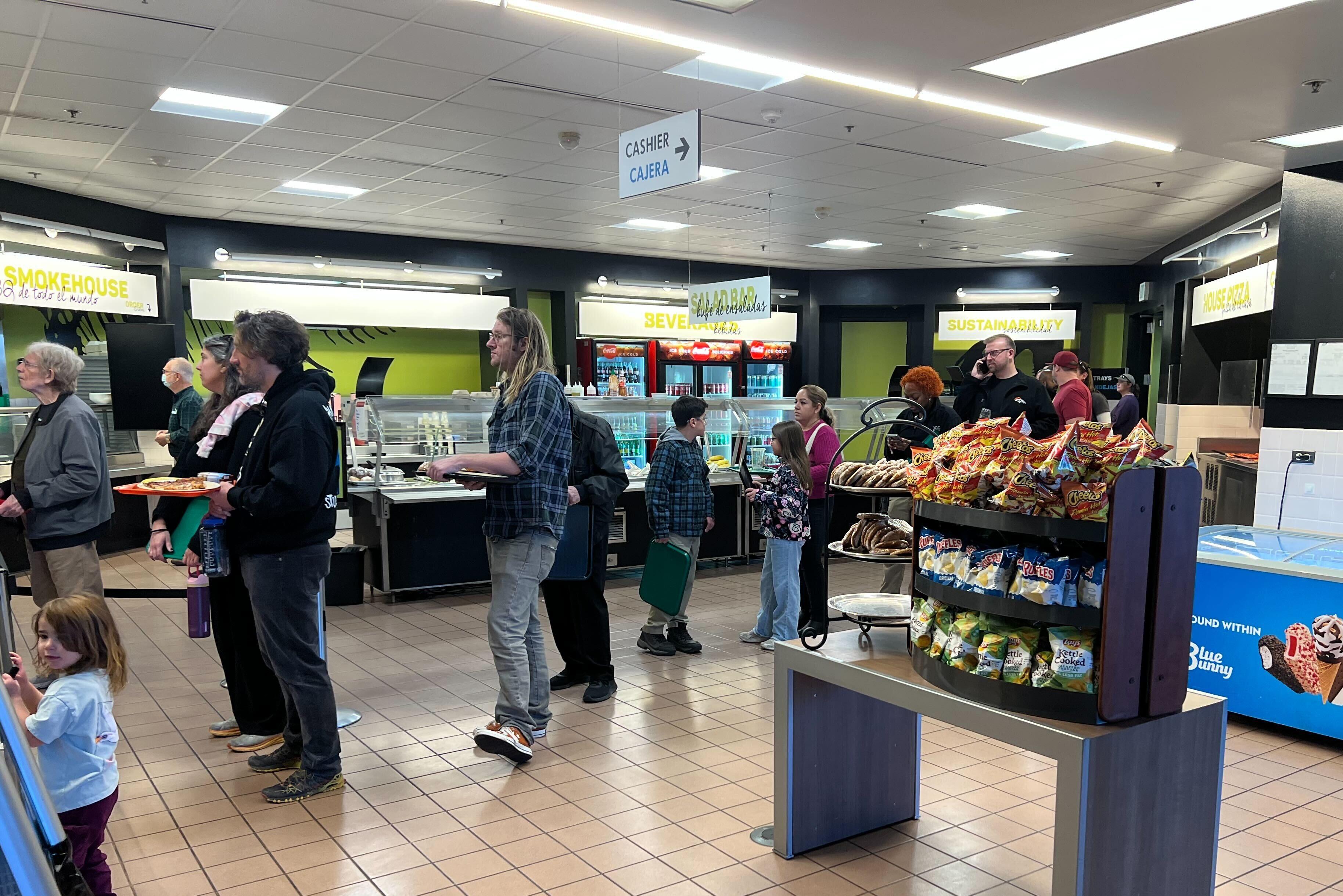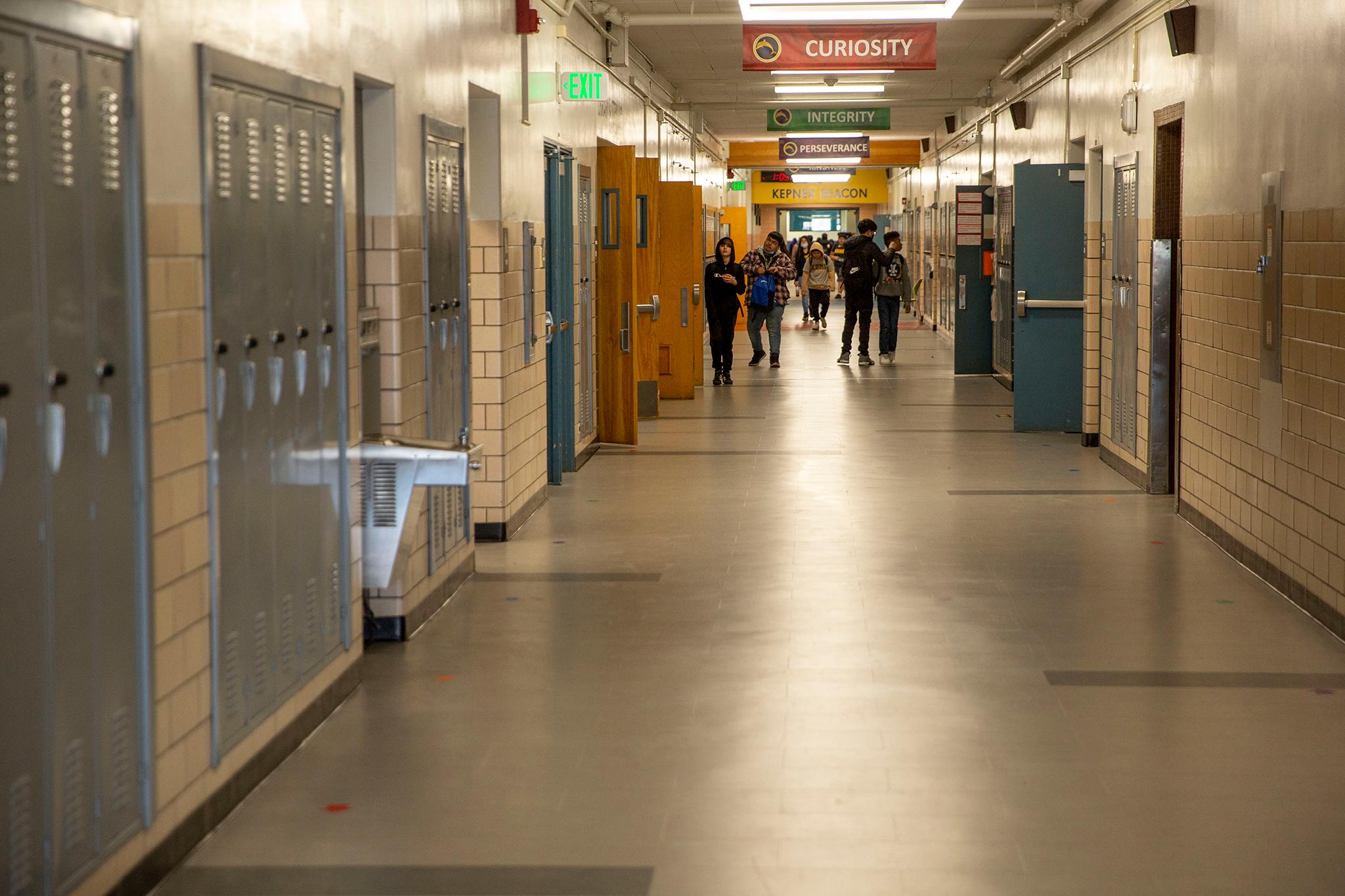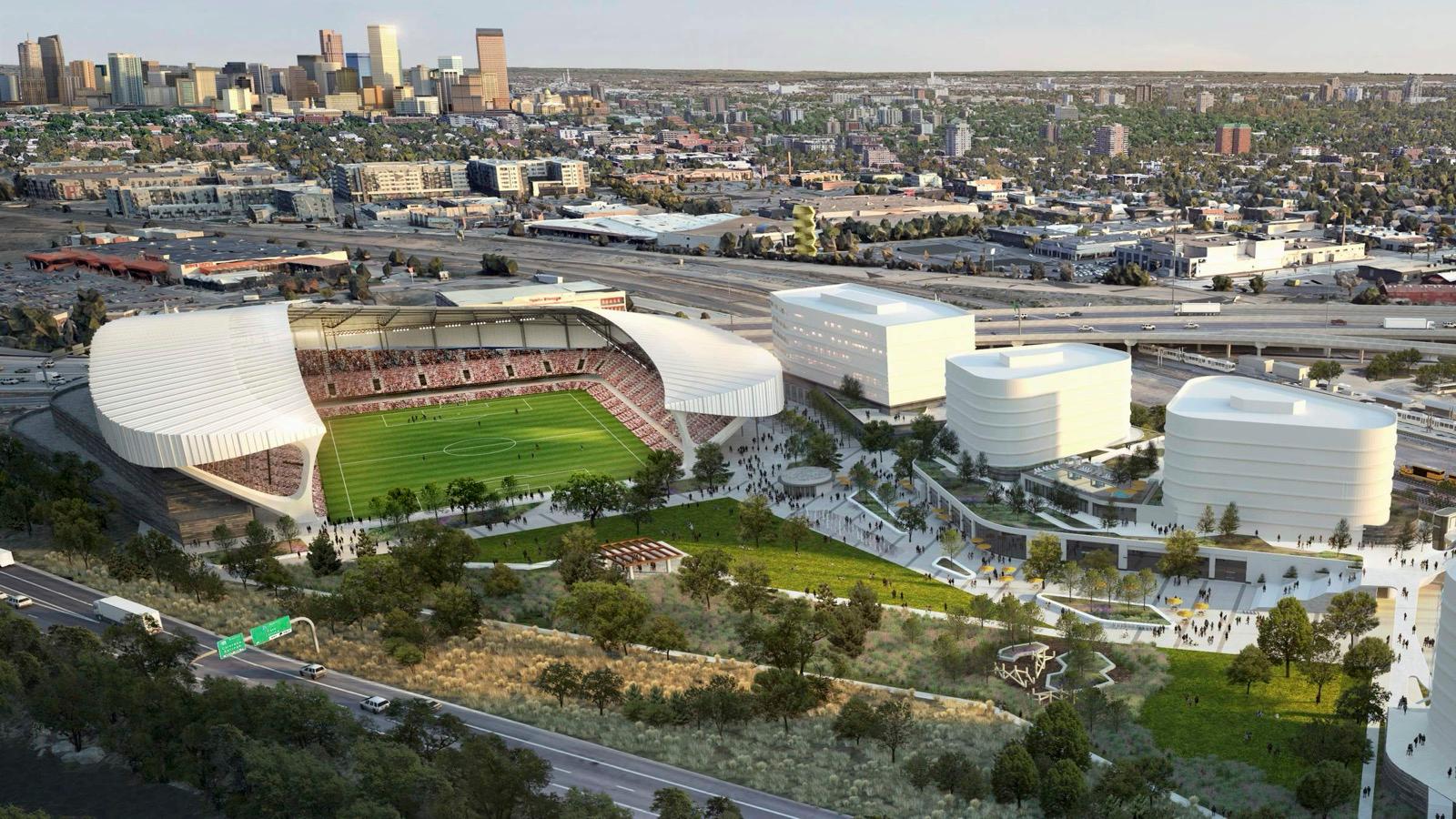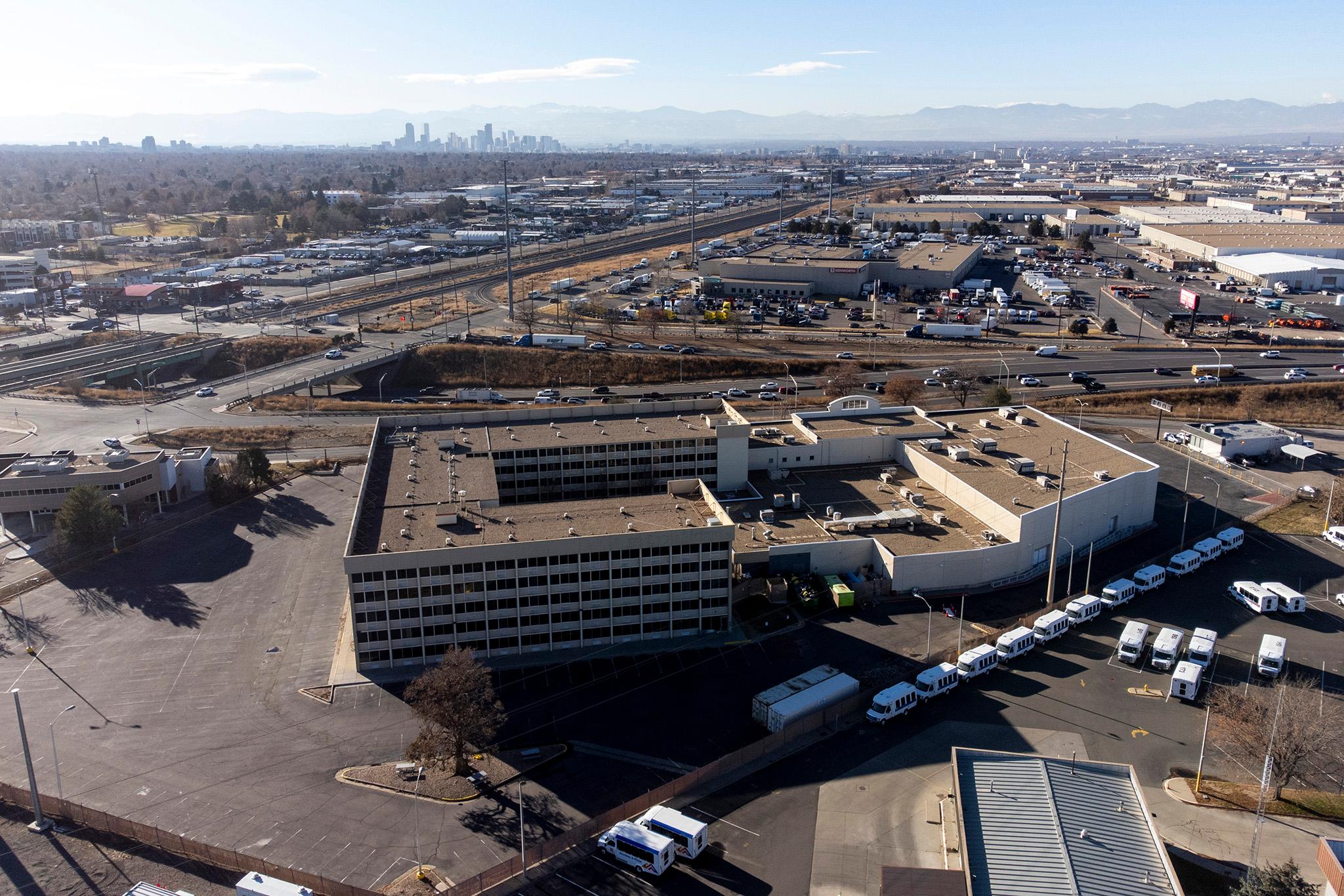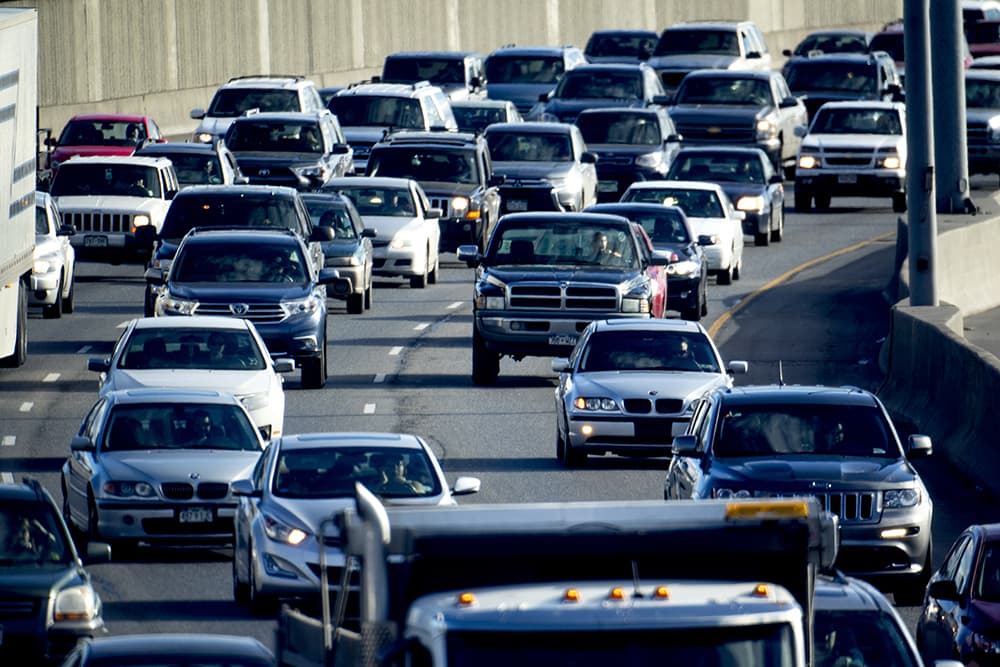
Highway expansions paid for through a new sales taxes shouldn't have toll lanes on them, said Speaker of the House Crisanta Duran, one of the sponsors of a bill to ask voters to approve a tax increase to fund a major transportation package.
"Managed lanes" -- adding lanes to existing highways but charging a fee to anyone using that lane without multiple people in the car -- have been a key feature of the Colorado Department of Transportation's recent highway projects, like U.S. 36 and the I-70 from Empire to Idaho Springs. They're planned for I-25 North and I-70 from I-25 to Chambers Road.
Ed Sealover of the Denver Business Journal first reported this week that the Colorado Department of Transportation is considering using managed lanes on many of the highway projects that would be paid for through the potential new sales tax.
“Everybody benefits. Yes, you’re being taxed. This is an investment in the infrastructure of Colorado,” CDOT director Shailen Bhatt told the Business Journal. “But you have a choice on whether or not you want to use the capacity ... I don’t think anybody would say ‘Let’s go out and add three lanes instead of two lanes and then all three lanes will be at capacity.'”
Those comments caught Duran and her Republican counterpart, Senate President Kevin Grantham, off guard. In a meeting with reporters Wednesday, Duran said she planned to introduce an amendment that would make sure "the new revenue would not go toward toll lane efforts." (Update: That amendment was adopted Thursday. The House gave initial approval to the bill after rejecting a slew of Republican-backed amendments focused on governance and accountability issues.)
The transportation funding proposal would ask voters to approve a 0.62 percent sales tax increase for 20 years, with $375 million a year going to support a $3.5 billion bond program for highways and the remaining money being divided between transit (30 percent) and local city and county projects (70 percent).
Duran's approach was in marked contrast to Gov. John Hickenlooper.
The governor said, basically, that managed lanes are how we do roads projects these days.
"Coloradans want choices," he said, and the important thing is that there is transparency and accountability in how any new tax money is spent.
"The reason that managed lanes came into existence and you have these public-private partnerships is so that taxpayers don't have to pay as much," he said. "Most taxpayers, when they hear about managed lanes and about toll lanes, they get very agitated, but they don't have to take the toll lane. In a way, the people that do are lowering the taxes on everyone else."
Hickenlooper pointed to the managed lanes on U.S. 36 between Denver and Boulder. Without the toll lanes attracting private investment, that project would have had to wait.
A lot of transportation planner types think managed lanes are a fairer way to pay for highway expansions than a sales tax, which is inherently regressive and is paid equally by people who use the highway and people who don't. (Strong Towns has an infographic that makes the case.)
Of course, what's being considered for Colorado isn't a trade-off -- managed lanes instead of a sales tax -- but using both funding sources, two great tastes that taste great together only if you are a certain kind of planner.
CDOT's internal policy on managed lanes is that they should be "strongly considered" on all projects, and not implementing them requires more justification than charging people.
It's not just about raising money for roads. It's a way to control traffic and encourage people to car pool and to use buses.
CDOT battles "induced demand" on all its road projects. This is the "if you build it, they will come" theory of highway expansion. If it's easier to drive a certain route, more people will drive that route, and soon traffic is just as bad as it was before you invested millions in an extra lane. So CDOT charges people to use the extra lane, betting that most people won't, and that lane remains relatively open and fast-moving for those who can afford it. The lane typically is free to "high-occupancy" vehicles with two or more passengers. And the traffic diverted to the managed lane reduces congestion in the free lanes.
Nonetheless, Colorado voters have been pretty skittish when it comes to tax increases, and there's likely to be organized opposition to a ballot measure. It's easy to imagine "anti-" ads based on the toll lanes: "They want you to pay more taxes AND they want to charge you to use the road those taxes paid for. VOTE NO."
Duran said lawmakers have to make sure the bill is very clear about what it pays for and what it doesn't so that people don't feel burned later.
"We want to clarify how the dollars will be spent," she said.







